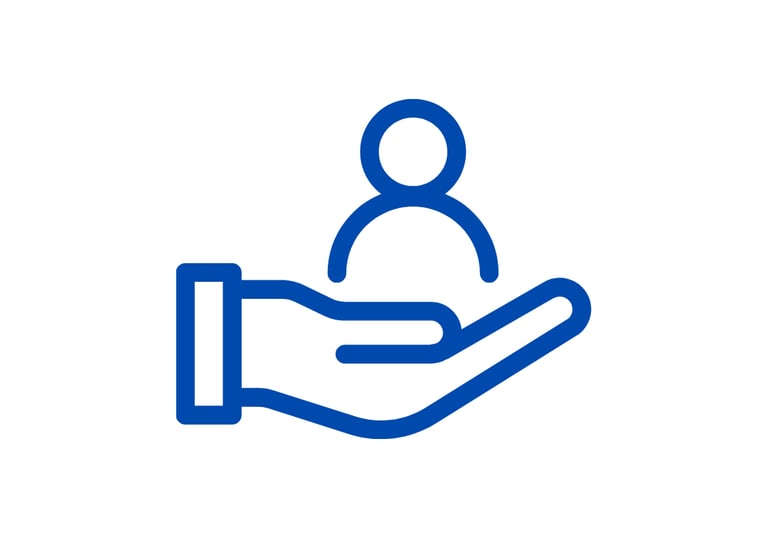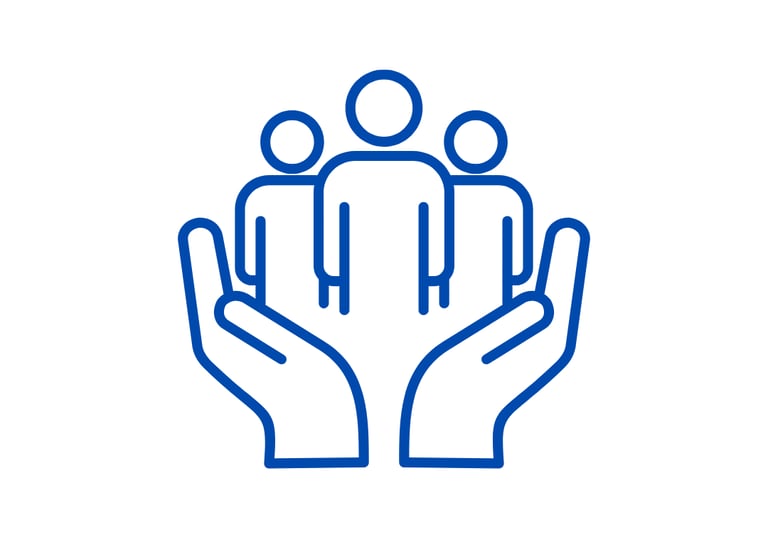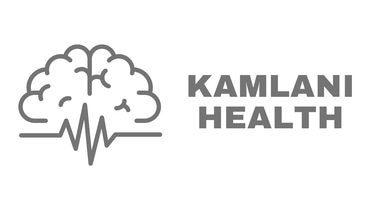Child ASD Assessment
Autism affects how young minds perceive and interact with the world, often in beautifully unique ways. Early diagnosis allows families to better understand their child’s strengths and challenges, and to access support that nurtures growth. With compassionate care and tailored interventions, autistic children and teens can flourish socially, emotionally, and academically.
No Referral Needed
Access our services directly, without delays or complicated processes.


Quick Appointments
Get appointments within days, without any long waiting lists.
Receive trusted care delivered by highly qualified practitioners.
Quality and Excellence




What is Autism
Autism in children shows up as differences in how they communicate, connect, and play. DSM and ICD describe it as challenges in social interaction and repetitive or unusual behaviors. A child might prefer lining up toys instead of pretend play, stick strongly to routines, or react intensely to sounds, lights, or textures. They may have unique communication styles and very strong interests. Autism is not about inability, it’s about difference.


Autism in Children
Challenges
Delayed or unusual speech development
Preferring to play alone rather than with peers
Repetitive behaviors such as lining up toys or spinning objects
Strong attachment to routines and rituals
Meltdowns or distress when routines are disrupted
Intense interest in specific topics like trains, dinosaurs, or numbers
Difficulty making eye contact or using facial expressions naturally
Trouble understanding jokes, sarcasm, or pretend play
Strong reactions to sounds, lights, textures, or smells
Repeating words or phrases (echolalia)
FAQs
1. I am not sure if my child needs an autism assessment, what should I do?
If you’re unsure, we recommend starting with a consultation. This gives you a chance to share your concerns, ask questions, and receive professional guidance. If you choose to proceed with a full assessment, the consultation fee will be deducted from the total cost.
2. Do I need a GP referral?
No. Parents and carers can self-refer their child directly for an autism assessment. A GP referral is not required.
3. Do you offer assessment through Right to Choose?
Currently, we do not offer assessments through Right to Choose. All assessments are provided privately.
4. Do you offer online and in-person appointments?
Yes. We offer both online and in-person assessments, depending on what works best for your child and family.
5. How do you diagnose autism in children?
Our diagnostic process follows NICE and NHS guidelines. It includes:
A detailed developmental history from parents/carers.
Standardised questionnaires and observation.
A structured diagnostic assessment of your child’s communication, behaviour, and social interaction.
We consider your child’s strengths as well as their challenges across different settings.
6. How long does an assessment take?
The process usually happens in stages:
Pre-assessment: Screening questionnaires and background forms.
Assessment session(s): ADI-R with informant takes 2 to 3 hours.
Assessment session(s): ADOS with child takes 1 to 2 hours.
Feedback/report: A follow-up session to discuss results, along with a comprehensive written report.
7. Who will conduct my child’s assessment?
All diagnostic consultations are carried out by qualified, experienced and trained clinicians registered with professional bodies such as HCPC, GMC, or NMC.
8. How much does an assessment cost?
Please see our Fees page for details.
9. Will my child get a diagnosis?
A diagnosis is only given if your child meets the clinical criteria for autism. While many children who go through assessment do receive a diagnosis, it is not guaranteed.
10. What if my child is not diagnosed with autism?
If your child does not meet the criteria for autism, we will discuss other possible explanations for their difficulties and suggest next steps. This may include therapy, support, or school-based interventions tailored to your child’s needs.
11. Do you provide a report?
Yes. You will receive a comprehensive written report summarising the assessment, whether or not a diagnosis is made, with recommendations for support at home, school, and in the community.
12. Do you offer therapy or support for children with autism?
Yes. In line with NICE and NHS guidelines, we provide therapy and support options. These may include parent guidance, psychoeducation, counselling, or tailored interventions to help your child’s social, emotional, and behavioural development.
Quick Links
info@kamlanihealth.com
© Kamlani Health Ltd 2025. All rights reserved.
